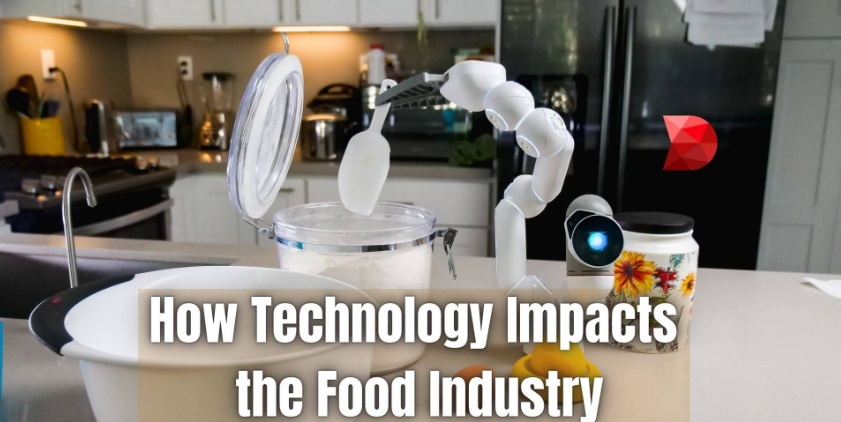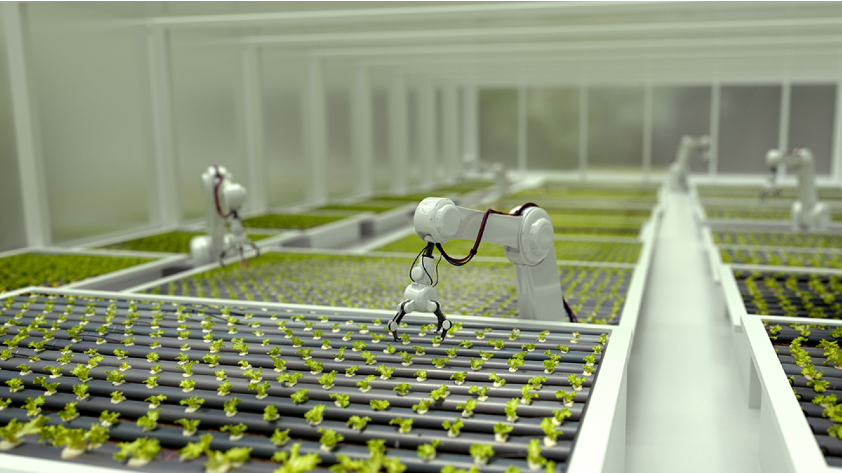Technology has profoundly impacted nearly every industry, and the food industry is no exception. From farm to table, technology is used to improve efficiency, reduce waste, and enhance food quality.
Farming Is Becoming Easier Due To Technology
One of the most significant ways technology is impacting the food industry is through advancements in farming techniques. Precision agriculture, also known as precision farming, uses technology to optimize crop yields and reduce waste.
This includes using drones to survey crop health, GPS-enabled tractors that can plant and harvest with precision, and sensors that monitor soil moisture levels.
These technologies allow farmers to use resources more efficiently, resulting in higher crop yields and lower costs. Additionally, precision agriculture can help reduce the environmental impact of farming by reducing the use of chemicals and water.
Advancement As Well Helps In Food Processing And Distribution
Technology is also significantly impacting the food processing and distribution industry. Advancements in automation and robotics are making it possible for food to be processed and packaged more quickly and efficiently.
This can result in fresher food reaching consumers and a reduction in labor costs for food processors.
In addition, the use of blockchain technology is helping to improve transparency and traceability in the food supply chain. This allows for better tracking of food products and can help identify and address any issues that may arise.
Major Impact Of Technology In Food Service And Retail
Technology is also impacting the food production service and retail industry. Online ordering and delivery services are becoming more popular, making it easier for consumers to access food from their favorite restaurants.
Additionally, many grocery stores are now using technology such as self-checkout kiosks and mobile apps to make the shopping experience more convenient.
In the future, we may see even more technological advancements that will further revolutionize the food industry. For example, innovations in vertical farming and lab-grown meat could lead to more sustainable and efficient food production methods.
Conclusion
The technology significantly impacts the food industry, from farming to food service and retail. Advancements in precision agriculture increase crop yields and reduce waste, while automation and robotics make food processing and distribution more efficient.
Additionally, food technology improves transparency and traceability in the food supply chain. As technology evolves, we can expect even more disruptive changes in the food industry that will benefit consumers and producers alike.

